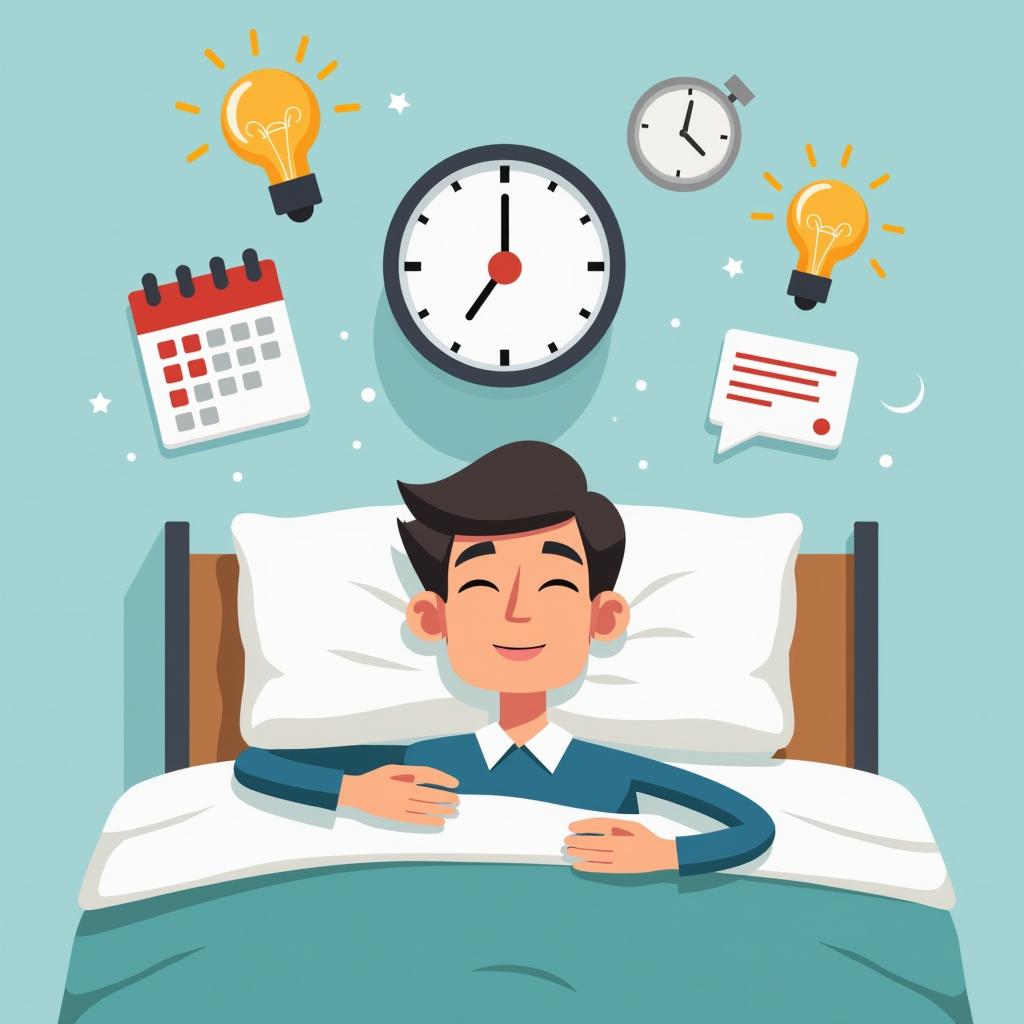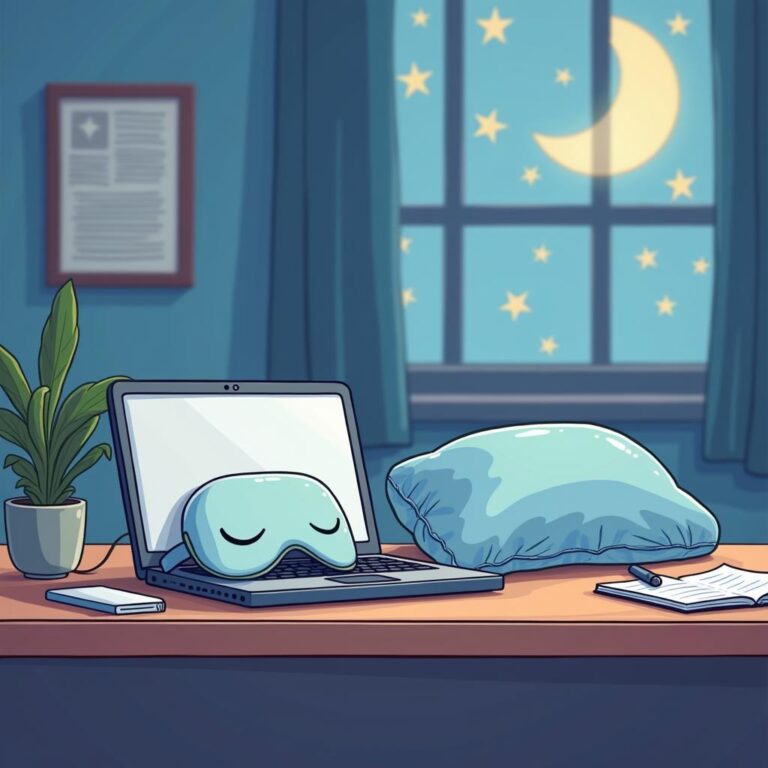In the fast-paced world of entrepreneurship, the need for mental clarity and effective decision-making is crucial. One of the most often overlooked components of achieving optimal performance is the quality of sleep. In this article, we will explore how entrepreneurs can optimize their sleep for better decision-making and ultimately enhance their professional and personal lives.
The Importance of Sleep for Entrepreneurs
Sleep plays a vital role in cognitive functions, including memory, attention, and decision-making. Lack of quality sleep can lead to impaired judgment, reduced creativity, and slower reaction times. According to research, entrepreneurs who prioritize their sleep can boost their productivity, creativity, and problem-solving abilities significantly.
Understanding Sleep Cycles
To optimize sleep, it’s essential to understand sleep cycles. Sleep consists of multiple stages, including light sleep, deep sleep, and REM (Rapid Eye Movement) sleep. Each stage has its own benefits:
- Light Sleep: This is the initial phase where the body begins to relax. It is essential for transitioning into deeper sleep.
- Deep Sleep: This stage is crucial for physical recovery and restoration. It strengthens the immune system and aids in tissue repair.
- REM Sleep: During this stage, the brain is highly active and it plays a significant role in learning, memory, and emotional processing.
Aiming for a balanced distribution of these sleep stages is vital for optimal cognitive function.
Tips for Optimizing Sleep
1. Establish a Consistent Sleep Schedule
A consistent sleep schedule trains your body’s internal clock. Aim to go to bed and wake up at the same time every day, even on weekends. This regularity can help improve both the quality and quantity of your sleep.
2. Create a Sleep-Conducive Environment
Your bedroom should be a sanctuary for sleep:
- Darkness: Use blackout curtains to block out light.
- Quiet: Consider earplugs or a white noise machine to minimize disturbances.
- Cool Temperature: Keep the room slightly cooler, as lower temperatures promote better sleep.
3. Limit Screens Before Bedtime
The blue light emitted by screens can interfere with the production of melatonin, a hormone crucial for sleep. Entrepreneurs should set a digital curfew by turning off devices at least an hour before bedtime to enhance sleep quality.
4. Mind Your Diet
What you consume before bedtime can impact sleep. Avoid large meals, caffeine, and alcohol close to sleep. Opt for sleep-promoting snacks like a handful of nuts or a banana if you feel hungry.
5. Incorporate Relaxation Techniques
Engaging in relaxation techniques can help prepare your mind and body for sleep:
- Meditation: A few minutes of mindfulness meditation can clear the mind of clutter.
- Breathing Exercises: Deep breathing can reduce stress and anxiety, allowing you to transition into sleep more easily.
- Gentle Yoga: Engage in light stretches to relieve physical tension before bed.
6. Be Mindful of Naps
While napping can be beneficial, it’s crucial to time your naps correctly. Short naps (20-30 minutes) can boost alertness without interfering with nighttime sleep. However, longer naps or late-afternoon naps can disrupt your sleep cycle.
The Link Between Sleep and Decision-Making
Good sleep improves focus and decision-making abilities. When entrepreneurs are sleep-deprived, they tend to make impulsive decisions without thorough analysis. Research shows that a well-rested mind makes fewer errors and is more capable of considering multiple perspectives.
Implementing Sleep Optimization Strategies
To effectively implement these strategies, entrepreneurs can create a sleep optimization plan:
- Assess Current Sleep Patterns: Track sleep duration and quality for a week to identify issues.
- Set Realistic Goals: Start with small changes, such as modifying bedtime and reducing screen time.
- Experiment with Different Techniques: Try various techniques to see which combination works best.
- Reflect and Adjust: After implementing changes, assess their impact on decision-making and mental clarity regularly.
Conclusion
For entrepreneurs, optimizing sleep is not just about getting enough rest; it is about enhancing overall performance and decision-making capabilities. By establishing healthy sleep patterns, creating an optimal sleep environment, and implementing relaxation techniques, entrepreneurs can improve their cognitive function and make better decisions. Remember, investing time in sleep optimization is an investment in success.
Transforming sleep habits may take time, but the benefits are profound. A well-rested mind can better navigate the complexities of entrepreneurship, leading to better choices and increased productivity.
So why wait? Start optimizing your sleep today for a brighter, more successful tomorrow!







